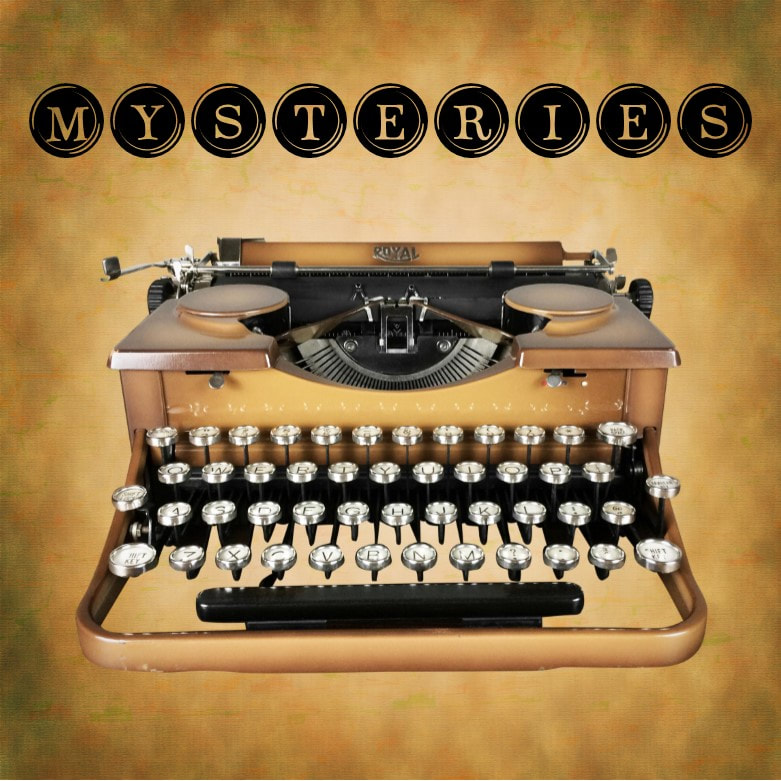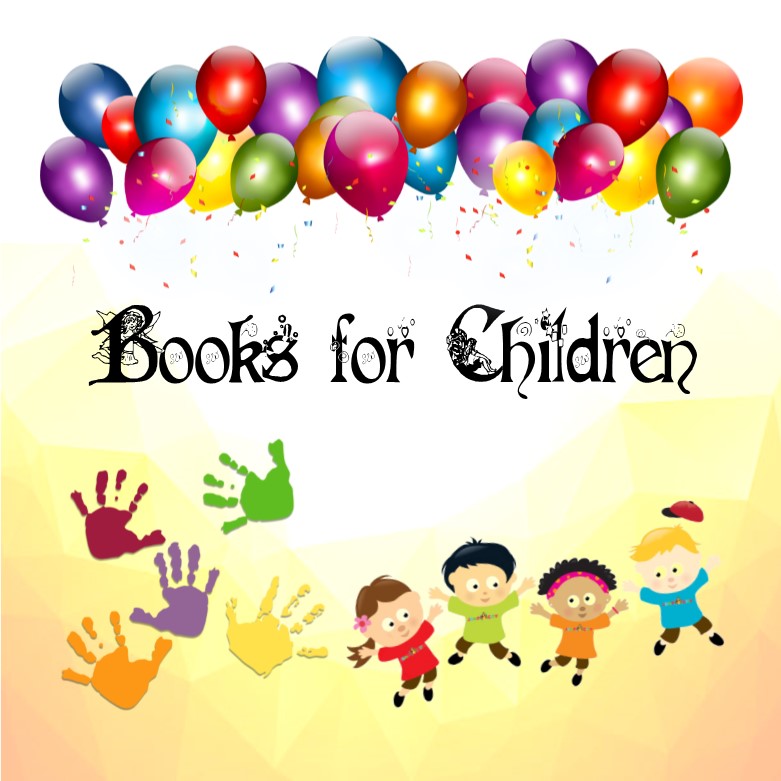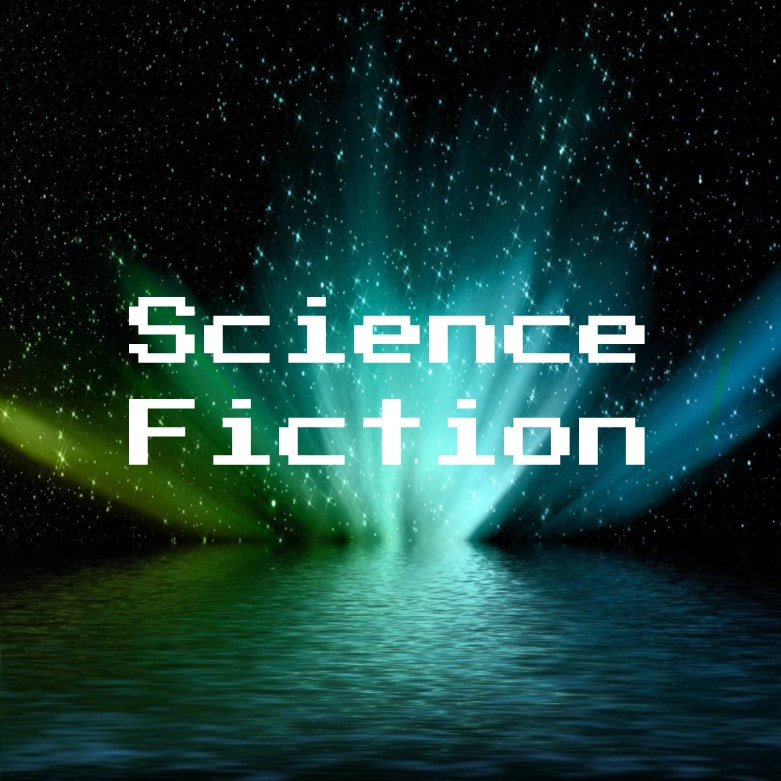
What time is it in London? What’s the weather forecast for tomorrow? What’s the difference between affect and effect? What is a digital footprint? How do you make chicken and dumplings in a crockpot?
How about those times when you’re sitting in a doctor’s waiting room? Forget the dog-eared issues of Modern Kitchens languishing on the magazine rack. Instead, pull up your Kindle app, a game, or the latest news on your phone.
I mean, what did we do before smartphones if we needed directions to a new restaurant in an unfamiliar city? (Do fold-out maps still exist anymore? Hmm, I guess I’ll have to google it.)
Modern technology is incredible as long as it’s working correctly. Like it or not, we’ve grown dependent on it—especially the younger folks who never knew life before smart devices.
The digital age is here to stay, but I’m not going to abandon my books or my handwritten to-do list. I believe electronics can peacefully co-exist with the old-fashioned way of doing things in our homes, at work, and school. Paper, pencils, and books, as well as computers, are very much a part of education today. Students read text from print books as well as on the screen. My question is, does book vs. screen make any difference in how well they retain the information?
I’m not the first person to wonder about this. Studies have been conducted to measure and compare how well students learn from both sources. The research shows that when people read on-screen, they don’t remember the information as well as when it’s read in print.
A 2018 in-depth evaluation of fifty-four studies that compared digital against print reading found that comprehension was better overall when people read from print rather than digital.
Maryanne Wolf, a neuroscientist specializing in how the brain reads, says that reading is not an inborn talent. Our brains have no particular network of cells dedicated to this task. As an example, one section of our brain is used to recognize letters and makes different connections between the cells necessary for reading online as opposed to reading in print.
Naomi Baron, a scientist at the American University in Washington, DC, studies language and reading and refers to how a person’s mindset determines the effort we put into reading. If we think it will be easy reading, we won’t put in as much effort. Text messages and short posts comprise the majority of social media, so the reader scans over the pages quickly, skimming the text faster than if it were on paper. Plus, scrolling on a small screen distracts the reader, making it harder to retain information. Then we have the pop-up notifications, along with all the bells and whistles from emails and texts diverting our attention, too.
There are also other factors to take into consideration. A fictional story is easier to remember than a historical or scientific piece, so reading a fantasy novel on a small device would be comparable to print but trying to memorize the elements on the periodic table would be extremely difficult.
Then again, we can’t forget the advantages of modern technology. A tablet beats out print for being able to modify the size of letters and offers a variety of fonts for people with reading difficulties. The use of hyperlinks also allows access to additional information. Digital books are also more economical, environmentally friendly, and it’s easier to carry a tablet around than a bunch of heavy books.
Print and digital each have their advantages and disadvantages. Common sense should guide a person in choosing the best method for reading fiction/nonfiction. Whether it’s for pleasure or learning, use whatever method is most comfortable and works best for you.
For myself, I prefer digital when I’m reading fiction, mainly for the convenience of having all my TBR books in one place, and I can take them with me when on the go. But then again, there’s nothing like the smell and feel of a book in my hands. So when I’m sitting in one spot, give me a book.
For the serious stuff, it’s a toss-up. I do a lot of research for articles and blog posts, and it’s a lot easier to use my laptop’s search engine than to locate books with the info I need. On the other hand, to learn something new, I need a printed text to reread until I remember it.
How about you, does it make any difference? What are your preferences?
Be sure to subscribe to the Sweet & Sassy blog, so you never miss out on any of our posts!









 RSS Feed
RSS Feed